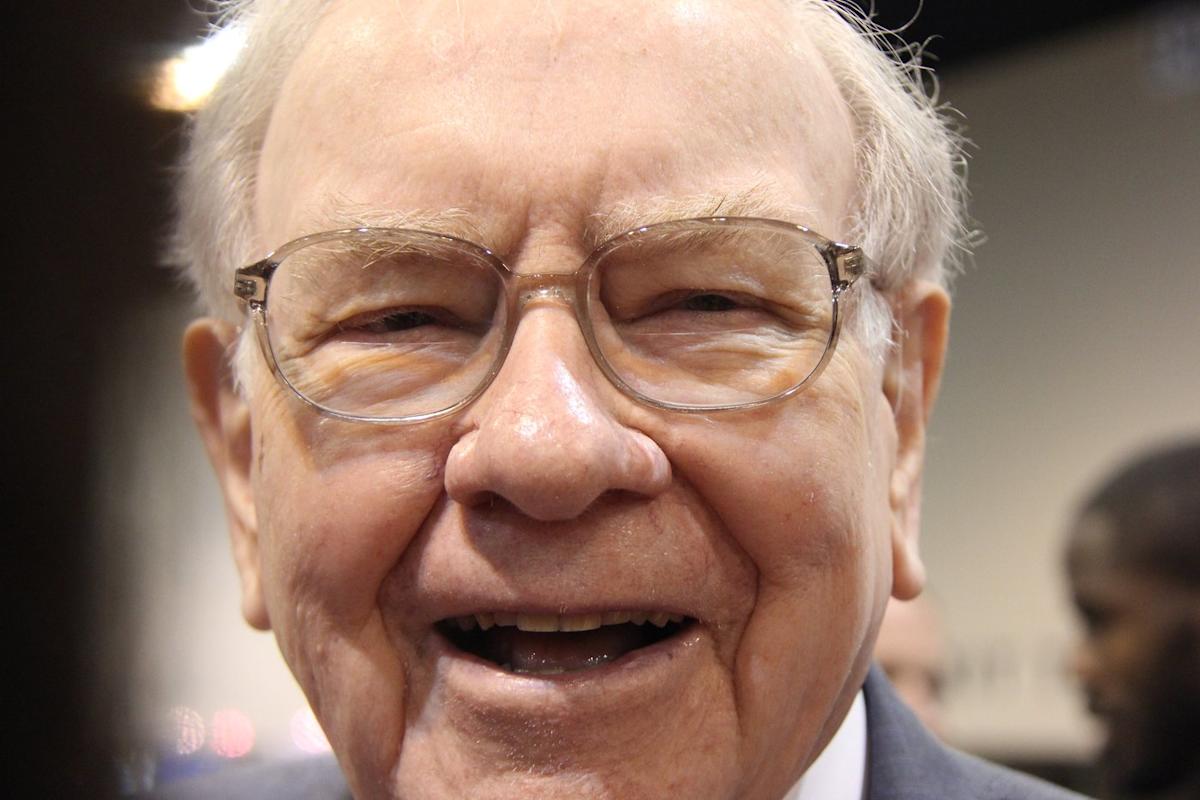4 min read
In This Article:
-
Berkshire Hathaway increased its already large SiriusXM stake to 37% of the company.
-
SiriusXM has been beaten down as investors seem less than confident in the future.
-
Management is aggressively cutting costs and rolling out new growth initiatives.
We recently learned that Berkshire Hathaway (NYSE: BRK.A)(NYSE: BRK.B) was yet again a net seller of stocks in the second quarter of 2025. We don’t yet have all the details about what the Warren Buffett-led conglomerate bought and sold, but we know that several billion dollars’ worth of stocks were disposed of.
This has been an ongoing trend for Berkshire over the past couple of years. Buffett and his team have unloaded significant portions of the massive investments in Apple (NASDAQ: AAPL) and Bank of America (NYSE: BAC) and have reduced or completely sold several other major stock positions. We also learned of recent dispositions of some Verisign (NASDAQ: VRSN) and DaVita (NYSE: DVA) shares. Berkshire has even stopped buying back its own shares for the time being, which came as a surprise to many investors after a decline of more than 10% in its share price.
However, this isn’t to say that Buffett and his stock pickers aren’t buying any stocks. In fact, there’s one company whose stock Berkshire has continued to buy, and it recently bought even more.
According to recent SEC filings, Berkshire bought another 5 million shares of SiriusXM (NASDAQ: SIRI) for a cost of about $106.5 million.
Of course, an investment of this size isn’t exactly massive for Berkshire. In fact, it represents about 0.03% of the company’s $344 billion cash stockpile. But it’s especially significant because of how much of the satellite radio operator Berkshire owns now. In fact, after this investment — which is just the latest in a series of additions — Berkshire now owns 37% of Sirius.
The short explanation is that Buffett most likely added more shares of SiriusXM because the stock is extremely cheap. As of this writing, SiriusXM trades for just over 7 times forward earnings estimates. The business is highly profitable, with over $1 billion in annual free cash flow, and pays a 5% dividend yield that is well covered by its earnings.
To be fair, there’s a lot not to like about SiriusXM. Revenue has fallen in recent years, as has the subscriber base, which peaked way back in 2019. Free cash flow has declined by about one-third in the past two years, and the company continues to report a declining number of paid subscribers.



